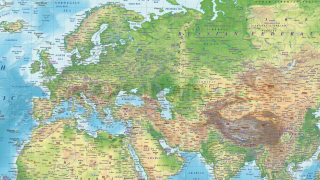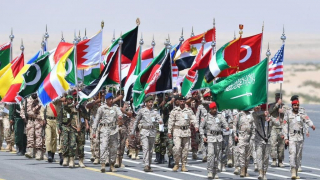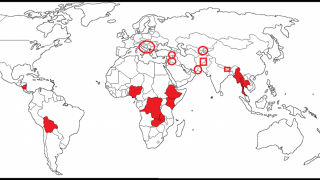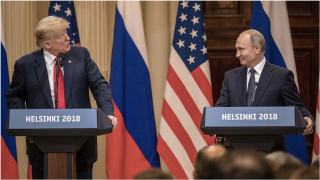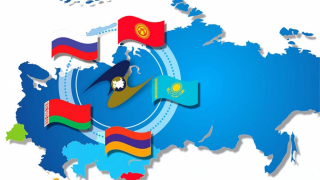04.09.2019
Central Asia has long been out of the sights of the United States, however, things are changing and it now appears that Washington's interest are...
25.05.2021
The various problems and processes taking place in the world make it clear that the world is in two main positions, and the rest follow and imitate...
27.03.2019
Despite Russian efforts to de-escalate Indo Pak tensions, India has tried to down play it due to her hegemonic attitude and frustration with the...
27.04.2020
Throughout the course of human history, the idea of great continents have been subjected to contention and debate. The word ‘Continent’ does not...
19.10.2020
The US has recently been stepping up its military and political activities in several areas. In addition to the Pentagon’s main focus on the Middle...
25.08.2015
WHEREAS, The entire historical record can be summed up as a giant geopolitical struggle and all major wars of international scope have always and...
02.10.2017
The world is presently in the midst of an epochal transition from unipolarity to multipolarity that is expected to characterize the foreseeable...
22.12.2017
An adequate and attractive action strategy for Russia in the Eurasian space in a global context must be seen exclusively as a project of counter-...
02.02.2019
In the article “How Not to Build a ‘Great, Great Wall”, one of the creators of The American Empire Project and a professor of history at New York...
31.07.2018
The aggressive attacks launched by the Democrats, although those were intended as a measure to discredit Donald Trump, will ultimately come back to...
06.04.2022
Eurasianism, in its various interpretations, from ideology to the implementation of the Eurasian Economic Union (EAEU) programs, is regarded as one...
01.11.2022
President George W. Bush's “freedom agenda” could be defined as subversion, that is the attempt to undermine the structure of a foreign nation in...




